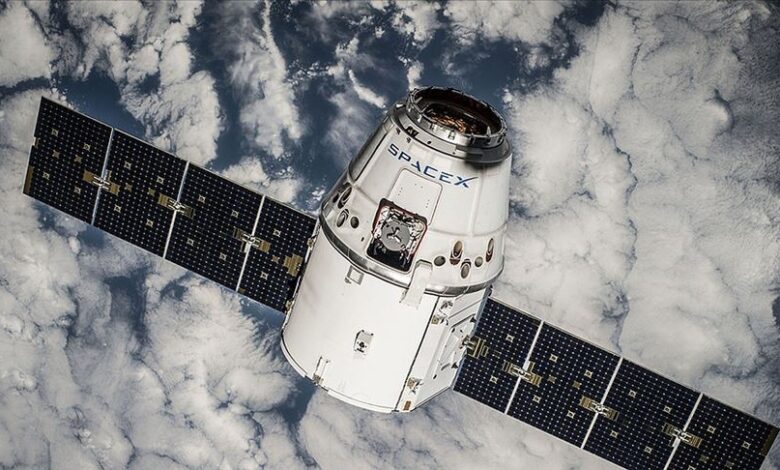Elon Musk Announces Global Internet Access via SpaceX: A Revolutionary Step in Connectivity

Elon Musk Announces Global Internet Access via SpaceX: A Revolutionary Step in Connectivity
In a groundbreaking move that promises to reshape the future of global connectivity, Elon Musk has unveiled an ambitious plan to provide internet access to everyone on Earth through SpaceX’s Starlink project.
SpaceX, Musk’s aerospace company, has long been at the forefront of space innovation with its reusable rockets and cutting-edge technology. Now, SpaceX is set to redefine the internet landscape by leveraging its satellite constellation to bring high-speed, low-latency internet to even the most remote regions of the world.
Musk’s vision for universal internet access aims to bridge the digital divide that has persisted for decades. According to Musk, nearly 3 billion people around the world still lack reliable internet access, particularly in rural and underserved areas. Starlink, SpaceX’s satellite internet network, already boasts thousands of satellites in orbit and has begun providing high-speed internet to customers in select regions. However, Musk’s latest announcement suggests that this is just the beginning.
“This is not just about connecting cities or wealthier areas; it’s about providing internet access to every person on the planet, no matter where they live,” Musk said in a statement. “With Starlink, we are building the infrastructure to make this possible.”
Starlink operates through a constellation of small satellites orbiting Earth at low altitudes. These satellites communicate with ground stations and user terminals, which are typically small dishes that can be installed at homes or businesses. The low orbit of Starlink satellites results in lower latency compared to traditional satellite internet providers, which operate at much higher altitudes.
Currently, Starlink has made strides in serving customers in countries such as the United States, Canada, the UK, and several nations in Europe, with plans to expand further. As SpaceX launches additional satellites in the coming months and years, the system will reach full global coverage.
For people living in remote locations or in regions where traditional broadband infrastructure is too expensive or logistically challenging to build, Starlink offers a potential game-changer. In the past, connectivity in rural areas has often been slow and unreliable, with residents sometimes forced to rely on costly or outdated systems. Starlink’s ability to beam high-speed internet directly to even the most isolated communities represents a major leap forward in accessibility.
In countries with limited infrastructure, such as parts of Africa, Southeast Asia, and Latin America, Starlink could serve as the primary means of internet access, enabling access to online education, healthcare services, and business opportunities that were previously out of reach.
While Musk’s vision is ambitious, the project is not without challenges. The cost of maintaining and expanding the Starlink satellite constellation will be significant, and Musk has indicated that the company will continue to invest heavily in both hardware and infrastructure. Additionally, regulatory hurdles in some countries could delay or complicate Starlink’s rollout in certain regions.
Moreover, concerns about the environmental impact of launching thousands of satellites into orbit have been raised by scientists and advocacy groups. However, SpaceX has taken steps to address these concerns by designing its satellites to be deorbited safely at the end of their life cycle, reducing the risk of space debris.
Despite these challenges, Musk’s plan to provide global internet access represents a monumental shift in the way the world connects. The implications for industries ranging from education to healthcare to e-commerce are profound. By making the internet available to everyone, SpaceX aims to unlock new opportunities for people who have long been excluded from the digital world.
Musk’s track record of disrupting industries—from electric vehicles with Tesla to private space exploration with SpaceX—has set high expectations. If successful, the universal internet access initiative could become one of the most transformative technological advancements of the 21st century.
With Starlink, Musk is not only aiming to connect the world but to change it. As the project continues to expand, it could very well bring about the next era of global communication and innovation, helping to level the playing field for billions of people who are ready to step into the digital age.
The next few years will be crucial for the success of SpaceX’s global internet plan. As more satellites are launched, testing and refinement of the technology will determine how quickly the dream of universal internet access becomes a reality. But for now, the world waits eagerly as Musk’s SpaceX takes yet another giant leap toward changing the future of connectivity.




